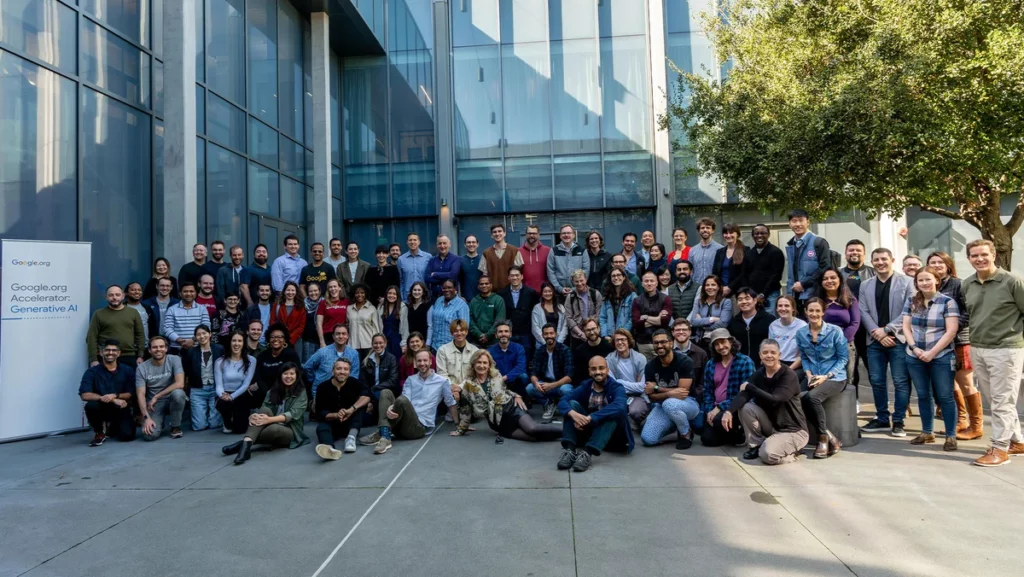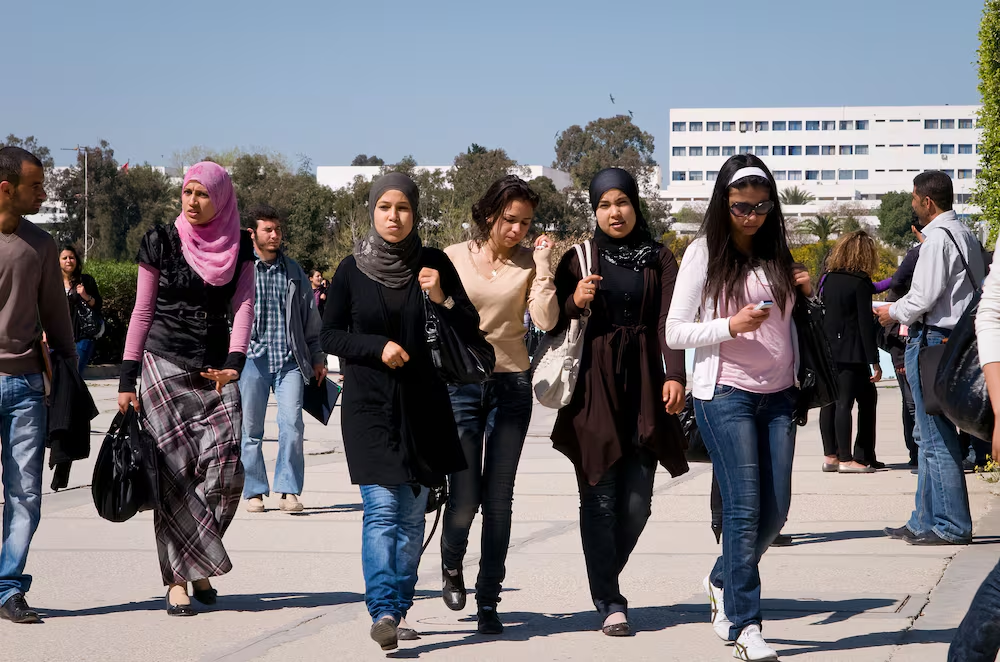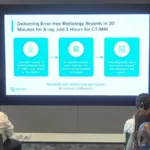
A concept born in the 1950’s Artificial Intelligence (AI) became a disruptive technology in 2023, when it emerged as a transformative force, captivating industries with the ability to create and.
Governments across the world are now working to regulate AI, foster innovation and improve workflows through integrating the technology into public services.
While others are approaching the technology through parliamentary legislations, others have put together multiple stakeholders to develop policies, guidelines and other frameworks to enable adoption of AI, while managing possible threats from the technology.
A trailblazer in AI regulation, the European Parliament passed the European Union Artificial Intelligence Act – a legal framework which addresses the risks of AI and aims at fostering trustworthy AI in Europe and beyond.
The act passed in March 13, 2024 will play a role in ensuring that “AI systems respect fundamental rights, safety, and ethical principles and by addressing risks of very powerful and impactful AI models.”
In December 2023, Rwanda became the first African country to publish an AI strategy – a roadmap to enable the East African nation harness the benefits of AI and mitigate its risks.
KENYA’S AI READINESS
The bill sought to promote responsible and ethical development and usage of robotics and AI technologies in Kenya, and encourage collaboration among multiple stakeholders.
But how ready is Kenya to harness AI technologies and mitigate possible risks?
Oxfords Insights, in a 2023 Government AI readiness index, ranked Kenya at number 101, out of 193 countries.
African countries including South Africa, Tunisia, Rwanda, Morocco, Senegal, and Benin were found to be ranking higher than Kenya in AI readiness.
In April 2024, the United Nations Educational, Scientific and Cultural Organisation (UNESCO) in collaboration with other stakeholders conducted a Readiness Assessment, to determine Kenya’s readiness under Legal and Regulatory, Social and Cultural, Economic, Scientific, Educational, and Technological and Infrastructural dimensions.
The readiness assessment found that there is increasing adoption of AI-powered solutions by the private sector in Kenya, but there is an absence of a standalone AI strategy.
A NATIONAL AI STRATEGY
Ambassador Philip Thigo, Kenya’s Special Envoy on Technology, says the strategy will govern the use of AI through a mix of regulations, while ensuring inclusivity and collaboration between sectors.
Thigo, who is a member of President William Ruto’s Council of Economic Advisors advocates for a strategy that will empower communities and enable sharing of talent, compute and data.
Similarly, other stakeholders call for an agile governance framework, other than hard regulations that can hinder Kenyans from harnessing opportunities from the technology.
With data being the lifeblood of AI systems, the experts emphasize on Kenya having enough data to build its own systems.
The ICT ministry, through its Secretary Mary Kerema calls for a Whole of Government approach to AI governance with proper framewoks in place.
“We need a framework on which we can build strategies on emerging technologies, not AI alone,” she says.
Stakeholders also say there is a need for up skilling, to ensure Kenyans are AI ready.
SECTORIAL APPROACHES
A case in point is a Code of Practice for AI Applications draft by the Kenya Bureau of Standards (KEBS), which offers a set of recommendations intended to help the organisation in developing, providing, or using AI systems responsibly in pursuing its mandate.
The code also addresses stakeholder roles and responsibilities. It maps stakeholders such as AI producers, data providers, AI developers, AI application providers and users.
The code also offers a risk management framework through the lifecycle of an AI system.
The Media Sector, through the Media Council of Kenya (MCK) has also developed a guide for use of AI in the media and a handbook for reporting on AI. The yet-to-be released guide will steer the industry in adopting responsible use of AI technologies and procurement of systems.
This will be in accordance with the journalism code of conduct as enshrined in the Media Council Act 2013.
Through a whole of government approach, various ministries, private sector players will develop Kenya’s national AI strategy.















